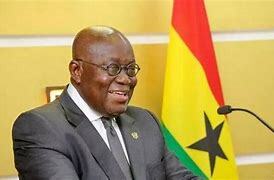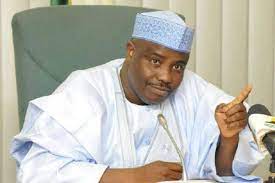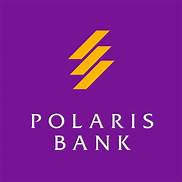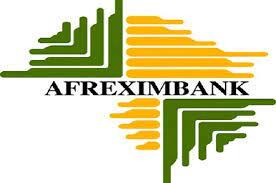Accra, Sept. 30, 2024 – To further lessen to economic tension in the country, Ghana on Friday slashed its main interest rate by 200 basis points to 27%.
It is the first rate cut since January as inflation continues to ease, while economic recovery remains robust according to the governor.
Bank of Ghana Governor, Ernest Addison, told a news conference that economic trends suggest the disinflation process is on course, and price rises will continue to ease towards the short-term range target of 13% to 17% for the year.
“Such a strong signalling of the monetary policy rate by reducing it by 200 basis points tells you that the central bank is quite satisfied with the progress of recovery of this economy,” he said.
Addison also said all economic indicators including growth, inflation and reserves were improving.
Bank of Ghana’s decision comes as central banks in major advanced economies have begun the much-anticipated policy-easing cycle amid declining inflation rates.
Economists polled by Reuters had forecast in June that Ghana’s interest rate would fall by 200 basis points by the end of the year.
“This easing of policy is understandable, given that the recent falls in inflation had caused real interest rates to rise, something that this cut will partially reverse,” said Leslie Dwinght-Mensah, economist and research fellow at Accra-based Institute for Fiscal Studies
Senior Tanzanian opposition lawmaker Tundu Lissu has called for telecoms firm Tigo to respond to an accusation that it helped the government track his location before he was later targeted in an assassination attempt.
He added that the strong rate of economic activity, which official data recently revealed, also gave the central bank the comfort to take this step.
“The Bank of Ghana also expressed confidence in fiscal policy being on track. This is unlikely therefore to pose a hurdle to November easing, should inflation continue to be well-behaved,” said Razia Khan, chief economist for Africa and the Middle East at Standard Chartered.
Ghana’s consumer inflation slowed to 20.4% year-on-year in August from 20.9% in July, but it remains well above the central bank’s medium-term target of 8% with a margin of error of 2 percentage points either side.
Growth recovered significantly to 6.9% year-on-year in the second quarter of 2024, the fastest rate in five years, boosted by expansion in several key sectors as the gold, cocoa, and oil-producing nation continues to emerge from its worst economic crisis in a generation.
The governor announced that Ghana was set to launch a gold coin sale to attract more liquidity and offer more instruments to financial markets and investors who see gold as a safe haven.
The coin, which will be available for purchase through commercial banks, will be launched in two weeks, he added.
Ghana invited holders of roughly $13 billion of its international bonds to swap their holdings for new instruments after reaching a preliminary debt restructuring agreement with two bondholder groups.
Bondholders have until Sept. 30 to accept the offer. (Reuters)





